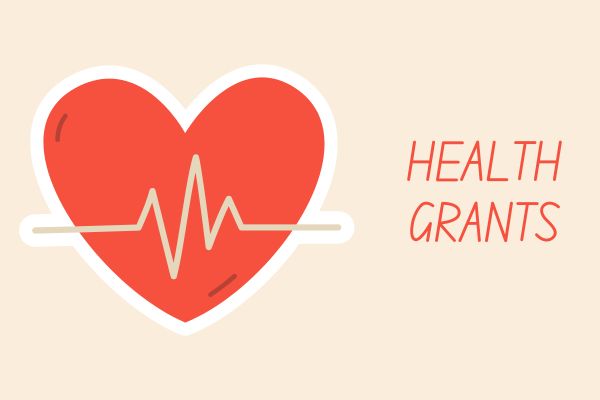Deadline: 13-Aug-2024
The Robert Wood Johnson Foundation (RWJF) has issued a call for proposals to develop recommendations for disaggregating data specifically within the Asian American population.
The Robert Wood Johnson Foundation (RWJF) is committed to improving health and health equity for all in the United States. As part of that commitment, the Foundation supports work to build evidence, challenge conventional research methods and assumptions, and source new ideas that can help dismantle systemic barriers to health and wellbeing. These efforts aim to contribute toward the development of a Health Science Knowledge System that centers community wellbeing and racial equity.
Purpose
- This funding opportunity will provide grants to support a multifaceted research project that yields recommendations for actionable Asian American subgroup categories to be applied in the collection and analysis of race and ethnicity data. The goal of this award is to develop community-informed and evidence-based recommendations for how researchers should cluster the diverse Asian American population into smaller subgroups in ways that are feasible for real-world implementation.
- Proposed research studies should take the following three-pronged analysis approach. Sample questions are provided merely as examples of the kinds of issues that could be explored within each research component. Additional ideas are welcome.
- Cultural and Historical Analysis: The origins of Asian American populations and their cultures strongly influence value systems and norms. In addition, due to historical migration and settlement patterns, individuals from similar geographic areas might also share phenotypic characteristics, which could influence experiences of racism.
- How do Asian American groups cluster based on cultural characteristics and historical origins? Which groups shared similarities in the key drivers, opportunities, or motivations for migrating to the U.S.?
- Quantitative Data Analysis of Health and Wellbeing Indicators: While groups might share more similarities with those that have closer historical ties with them, culture and historical origins might have limited value in understanding the current life conditions of some groups living in the U.S.
- Which Asian American groups share similarities across different indicators of wellbeing (e.g., income, education, housing, health)? Is there a consistent pattern that emerges that suggests meaningful clusters that transcend generations or geography within the U.S.?
- Community Engagement: A core principle of RWJF’s Culture of Health is that communities have the power, agency, and resources to create and implement their own solutions to the unique health issues facing them. To advance health equity, research activities must enable people the visibility, autonomy, and agency to see themselves in data. As such, members of the Asian American community must be able to provide input into data standards that are intended to reflect their diversity and directly impact them.
- Do community members feel kindred connections with specific Asian American groups? How do they react to the patterns evidenced in the cultural/historical and quantitative analyses? Is there community buy-in for the clusters?
- Cultural and Historical Analysis: The origins of Asian American populations and their cultures strongly influence value systems and norms. In addition, due to historical migration and settlement patterns, individuals from similar geographic areas might also share phenotypic characteristics, which could influence experiences of racism.
- In addition to the three research components above, proposals must also describe:
- A strategy for translating and disseminating research findings to reach key policy and research audiences.
- Project team qualifications related to expertise in the culture and history of the diverse Asian American population, quantitative skills related to the proposed health and wellbeing indicators, and experience in meaningfully engaging communities in research.
- The project team’s history in successfully collaborating (if multiple organizations will be partnering).
Funding Information
- Amount of Award: The award will be up to $800,000.
- Award Duration: The award will be for a maximum funding period of 24 months.
- Number of Awards: One award will be funded.
Eligibility Criteria
- While multiple organizations can collaborate on this project, only one organization may represent the collaboration and be the lead contact in the proposal process. The lead contact should be an organization or institution whose primary focus is research or has a rigorous internal research department.
- If multiple organizations will be collaborating on this project, each collaborating organization must be described in detail in the proposal.
- Awards will be made to organizations, not to individuals.
- Preference will be given to applicants that are either public entities or nonprofit organizations that are tax-exempt under Section 501(c)(3) of the Internal Revenue Code and are not private foundations or Type III supporting organizations. The Foundation may require additional documentation.
- Applicant organizations must be based in the United States or its territories.
For more information, visit RWJF.
